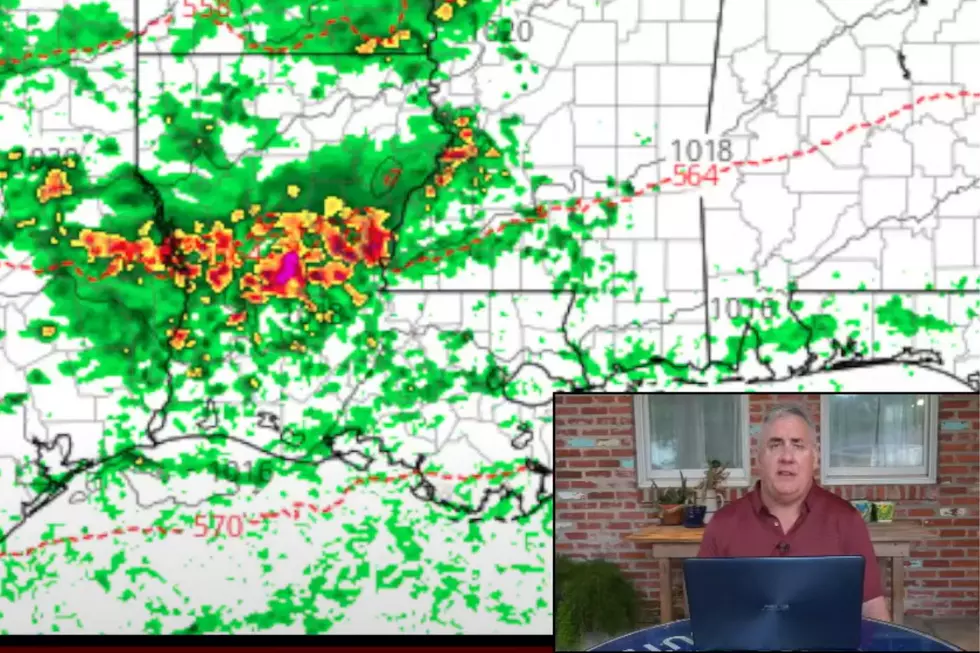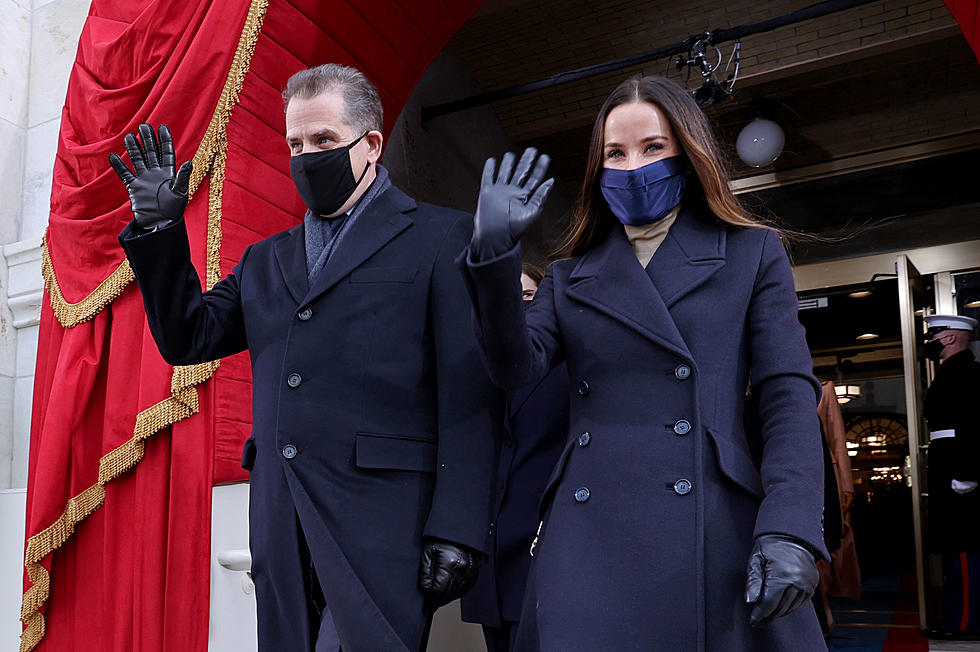
30K removed from Louisiana Medicaid rolls, deemed ineligible
Louisiana's health department sent notices to 40,000 Medicaid recipients in February, warning them they would lose the insurance coverage unless they could demonstrate by March 29 that they met the program's income requirements.
Three-quarters of those who received the letters — 30,500 people — lost their benefits at the end of March, said agency spokesman Robert Johannessen. Nearly all of them are non-elderly adults enrolled through the Medicaid expansion that Democratic Gov. John Bel Edwards enacted in 2016.
"Either they did not respond to the letter or they earn too much. It could be both," Johannessen said. "We are still processing some paperwork so that 30,500 could change, but not substantially."
An upgraded computer system identified those who were deemed ineligible for Medicaid coverage. The system does quarterly eligibility checks, rather than previously performed annual checks, and uses more wage data for comparison.
Medicaid Director Jen Steele described the enrollment system in a statement as "more robust than what we had before, allowing us to run more frequent checks on information that drives eligibility decisions, including employment status and income."
Under the prior system, Steele said the 40,000 people sent income-verification letters would have been identified, but over a 12-month period instead of all at once. The next quarterly income eligibility check will be done in May, she said.
Republican officials and Louisiana Legislative Auditor Daryl Purpera have raised concerns that the Medicaid program, paid with a mix of nearly $13 billion in state and federal dollars, has wasted millions on people who shouldn't be receiving the government-financed coverage.
Purpera's office released a report in November that projected Louisiana's Medicaid expansion program may have spent as much as $85 million over 20 months on people who weren't eligible for coverage. Democrats have criticized the methodology used by auditors. But the Edwards administration and the U.S. Centers for Medicare and Medicaid Services, the federal agency that oversees the government health insurance coverage, also said the computer system change was expected to help address Purpera's findings.
More than 500,000 people have been added to the Medicaid rolls since Edwards, running for a second term on the October ballot, expanded the program in a move that rankled Republicans.
Under Medicaid expansion, adults ages 19 to 64 with incomes up to 138 percent of the federal poverty level — about $16,750 for a single adult or $28,680 for a family of three — are eligible for the coverage. The federal government pays most of the cost. Louisiana is paying a share that eventually increases to 10 percent, but lawmakers passed financing tools to help cover the state's share, including a tax hike charged on health maintenance organizations.
Health department leaders say some people enrolled through Medicaid expansion likely have fluctuating or seasonal changes in employment that could keep them going in and out of the Medicaid program throughout the year, as their wages change.
More From News Talk 96.5 KPEL









